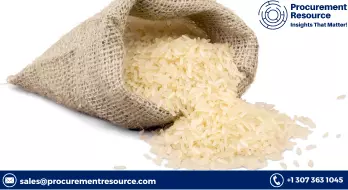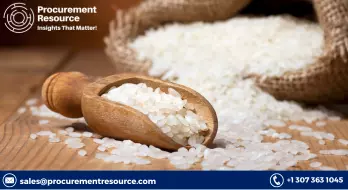India counters the accusation levied against it at the WTO meeting of under-reporting its MPS for rice and wheat
.webp)
Recently, at the World Trade Organization (WTO), United States, Australia, Canada, Argentina, and Ukraine held accusations against India that it has been under-reporting its market price support (MPS) for rice and wheat. To this, India has firmly dismissed a counter-notification issued by the five nations. During a recent agriculture committee meeting, India labeled the counter-notification as flawed, claiming it relied on ‘selective interpretations’ of WTO rules and inaccurate data.
The counter-notification alleged that India’s MPS for rice exceeded 87% of the value of production (VoP) in 2021-23, while wheat ranged between 67-75% for the same period, far surpassing the WTO’s cap of 10% for developing nations. India argued that these figures were inflated because they were based on total production rather than the quantity actually supported under its Minimum Support Price (MSP) schemes. Additionally, India highlighted that the calculations relied on outdated external reference prices (ERP) from 1986-88, which do not reflect current market realities.
Read More About Wheat Production Cost Reports - Get Free Sample Copy in PDF
The peace clause, agreed upon during the WTO Bali Ministerial Conference in 2013, allows developing countries some leeway in breaching the 10% cap without facing legal consequences. However, India and other nations have been advocating for a permanent resolution, citing the clause’s complex requirements and the need to safeguard their populations.
Read More About Rice Production Cost Reports - Get Free Sample Copy in PDF
India also defended its practice of denominating domestic support in US dollars, emphasizing that WTO rules do not specify a mandated currency. The country reiterated its compliance with all notification obligations and urged the complainant nations to refine their own submissions. While the counter-notification garnered support from other WTO members, including the European Union and New Zealand, India maintained its stance, arguing that its policies are aligned with the flexibility required to address food security challenges and protect vulnerable populations.




